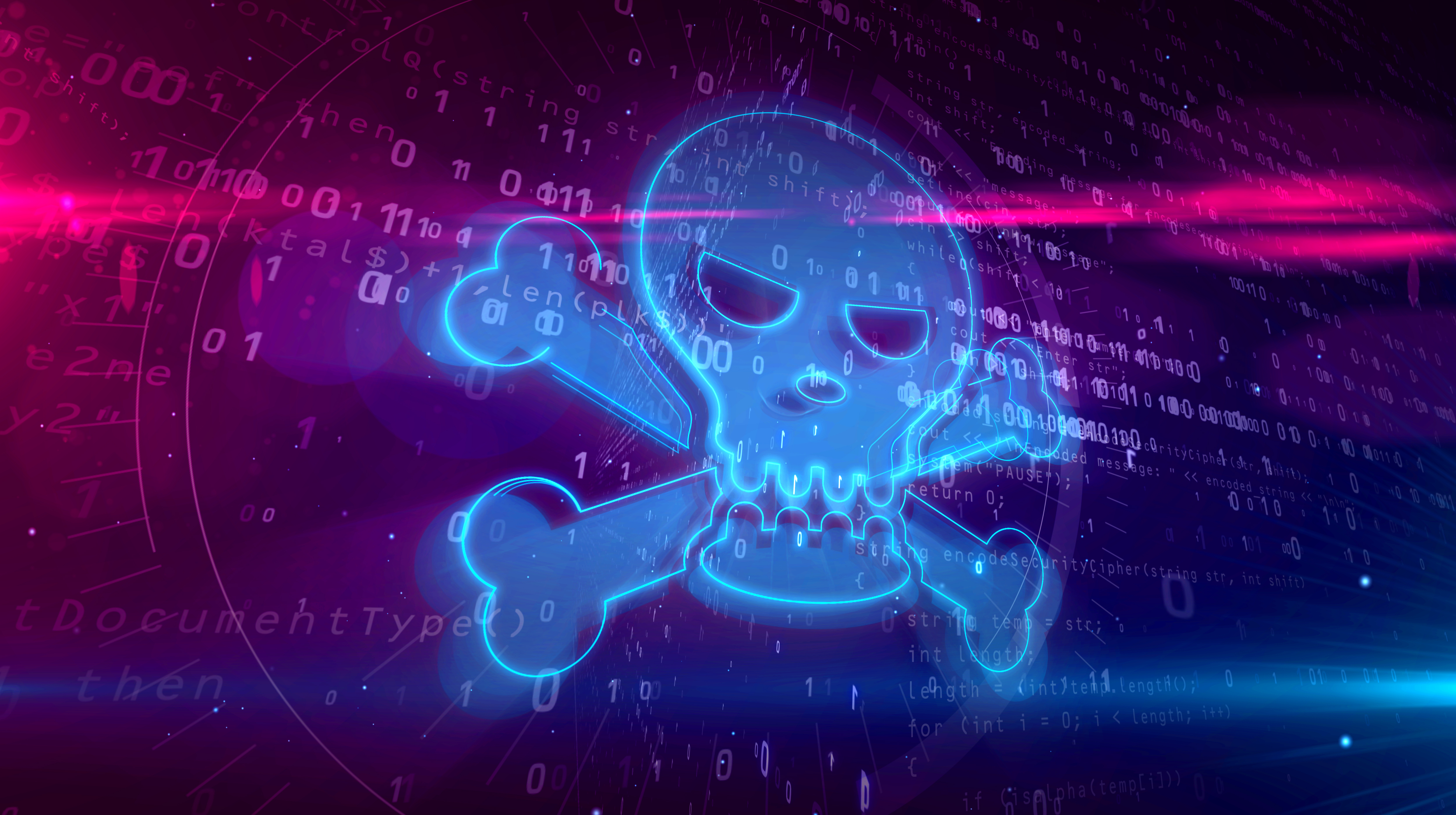Illegal file sharing down as streaming services take over
The nature of piracy could be changing as users look to stream music rather than download files.

The whole nature of digital piracy in Britain could be changing, as music listeners are beginning to choose streaming services over illegal file sharing.
According to a Music Ally survey, the percentage of users file-sharing music tracks stands at 17 per cent, down some 22 per cent since December 2007.
There were also only two illegal music tracks to every one legal track in January 2009, a big difference to 2007 when the ratio was four to one.
Many users are looking to streaming services instead. Nearly two out of 10 music listeners use streaming services like Spotify, YouTube and Last.fm every day.
This shoots up to 31 per cent for teenagers aged 14-18, with 65 per cent streaming music every month.
By the time Digital Britain anti-piracy measures have been implemented, the nature of the threat could have changed significantly, it was claimed.
"File sharing is a moving target, so industry and government policies need to recognise this," said chief executive of Music Ally Paul Brindley in a statement.
Get the ITPro daily newsletter
Sign up today and you will receive a free copy of our Future Focus 2025 report - the leading guidance on AI, cybersecurity and other IT challenges as per 700+ senior executives
"It's already being somewhat displaced by other means of accessing music for free. Some are licensed, many are not licensed and some involve a bit of both."
In separate news, Stephen Fry launched an attack on the music and movie industries at an event in London, according to the BBC, criticising the way that illegal downloaders were labelled as "criminals".
One of the most well-known sources for file sharing, the Pirate Bay, was recently sold off for $7.8 million, while its founders lost an appeal after being sentenced to jail.
Fry said that Pirate Bay had been unjustly pursued, and that the reputation of the founders had been 'smeared'.
-
 Should AI PCs be part of your next hardware refresh?
Should AI PCs be part of your next hardware refresh?AI PCs are fast becoming a business staple and a surefire way to future-proof your business
By Bobby Hellard Published
-
 Westcon-Comstor and Vectra AI launch brace of new channel initiatives
Westcon-Comstor and Vectra AI launch brace of new channel initiativesNews Westcon-Comstor and Vectra AI have announced the launch of two new channel growth initiatives focused on the managed security service provider (MSSP) space and AWS Marketplace.
By Daniel Todd Published
-
 New malware uses search engine ads to target pirate gamers
New malware uses search engine ads to target pirate gamersNews MosaicLoader uses advanced obfuscation techniques to avoid detection
By Danny Bradbury Published
-
 US big tech suffers as federal privacy bill delayed
US big tech suffers as federal privacy bill delayedNews Firms must comply with California's strict data laws in lieu of a federal bill
By Erin Paulson Published
-
 Liberty defeated in ‘snooper’s charter’ legal challenge
Liberty defeated in ‘snooper’s charter’ legal challengeNews High court rules the government’s Investigatory Powers Act doesn’t breach human rights
By Keumars Afifi-Sabet Published
-
 Premium email firm Superhuman ends pixel tracking after backlash
Premium email firm Superhuman ends pixel tracking after backlashNews The email plugin startup removed read receipts by default after accusations of surveillance
By Bobby Hellard Published
-
 GDPR is not enough to win back customer trust
GDPR is not enough to win back customer trustIn-depth When it comes to building new services, industry experts believe there should be a collective responsibility for data security
By Mark Samuels Published
-
 UK Prisons trial facial recognition to stop drug smugglers
UK Prisons trial facial recognition to stop drug smugglersNews Biometric technology used to catch visitors supplying contraband
By Bobby Hellard Published
-
South Wales Police given ultimatum to drop facial recognition tech
News Ex-councillor Ed Bridges has given the force two weeks to drop tech that "violates privacy rights"
By Bobby Hellard Published
-
 Facebook suspends hundreds of apps for misusing user data
Facebook suspends hundreds of apps for misusing user dataNews An internal investigation into data misuse by Facebook apps has led to a raft of suspensions
By Tom McMullan Published